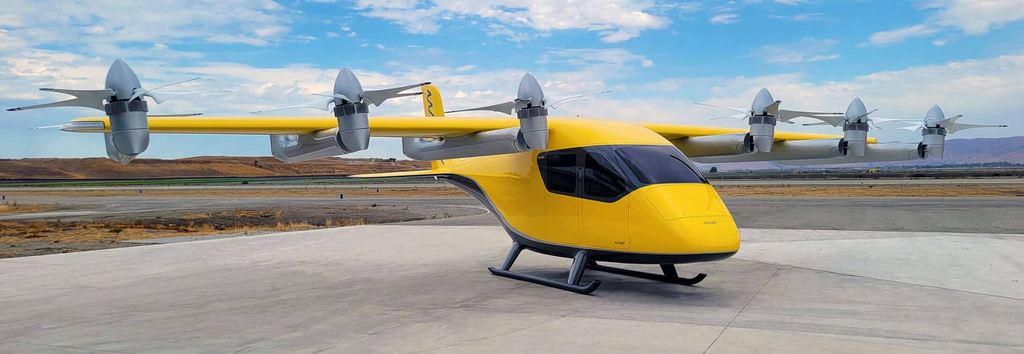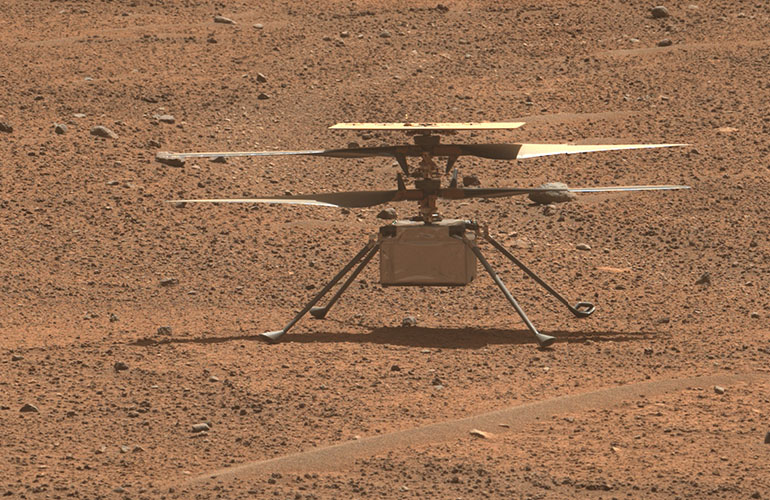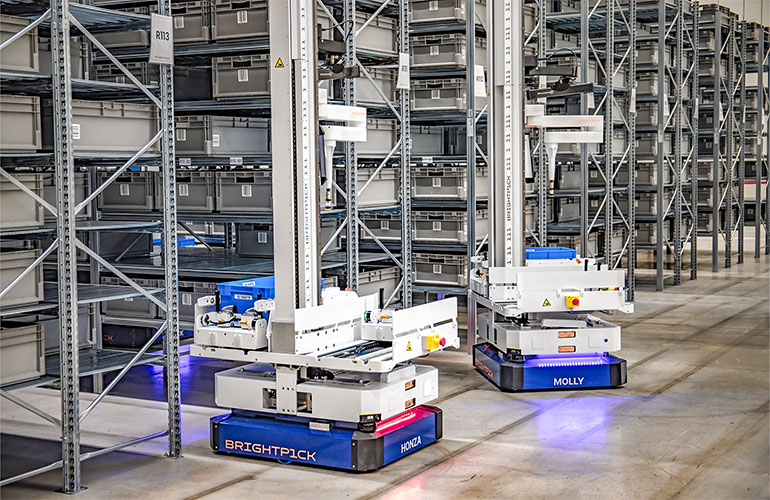ALBA Robot is transforming how people with reduced mobility navigate complex spaces, with their autonomous vehicles serving as robotic companions in airports, hospitals, and museums across the globe.
"Penguins are amazing animals. When you see them on land, they seem clumsy and move very slow. Few people know that, while swimming, they can be faster than boats and can reach a speed of 40 km/h! In the right environment, everyone can perform at their best and this is what ALBA Robot aims to do.," explains Andrea Bertaia, CEO and Co-founder of ALBA Robot.
The company's latest achievement comes through their selection for the prestigious FLITE Program at Gerald R. Ford International Airport (GRR). Their flagship vehicle, the GTL 8x1, has completed its first U.S. trials, demonstrating how robotic workers can seamlessly integrate into airport operations to assist passengers with reduced mobility.
The robot assistant, featuring elegant Italian design and cutting-edge AI technology, functions as more than just a mobility aid. In hospitals, it allows caregivers to focus on medical tasks while the autonomous system safely transports patients between wards. In museums, it transforms traditionally challenging spaces into accessible cultural experiences, enabling visitors to focus on exhibitions rather than navigation.
What sets ALBA's robotic solution apart is its comprehensive approach to autonomous mobility. The system combines automotive technology, advanced robotics, artificial intelligence, and Internet of Things (IoT) capabilities into a unified platform. This integration creates an end-to-end mobility solution that not only transports individuals but also maintains constant communication with facility infrastructure to ensure safety and efficiency.
The successful testing at Ford International Airport marks a significant milestone in ALBA's mission to enhance independence for people with reduced mobility. As autonomous robots increasingly become part of our daily infrastructure, ALBA's innovation demonstrates how robotic workers can serve not just as tools, but as enablers of human dignity and independence.


















